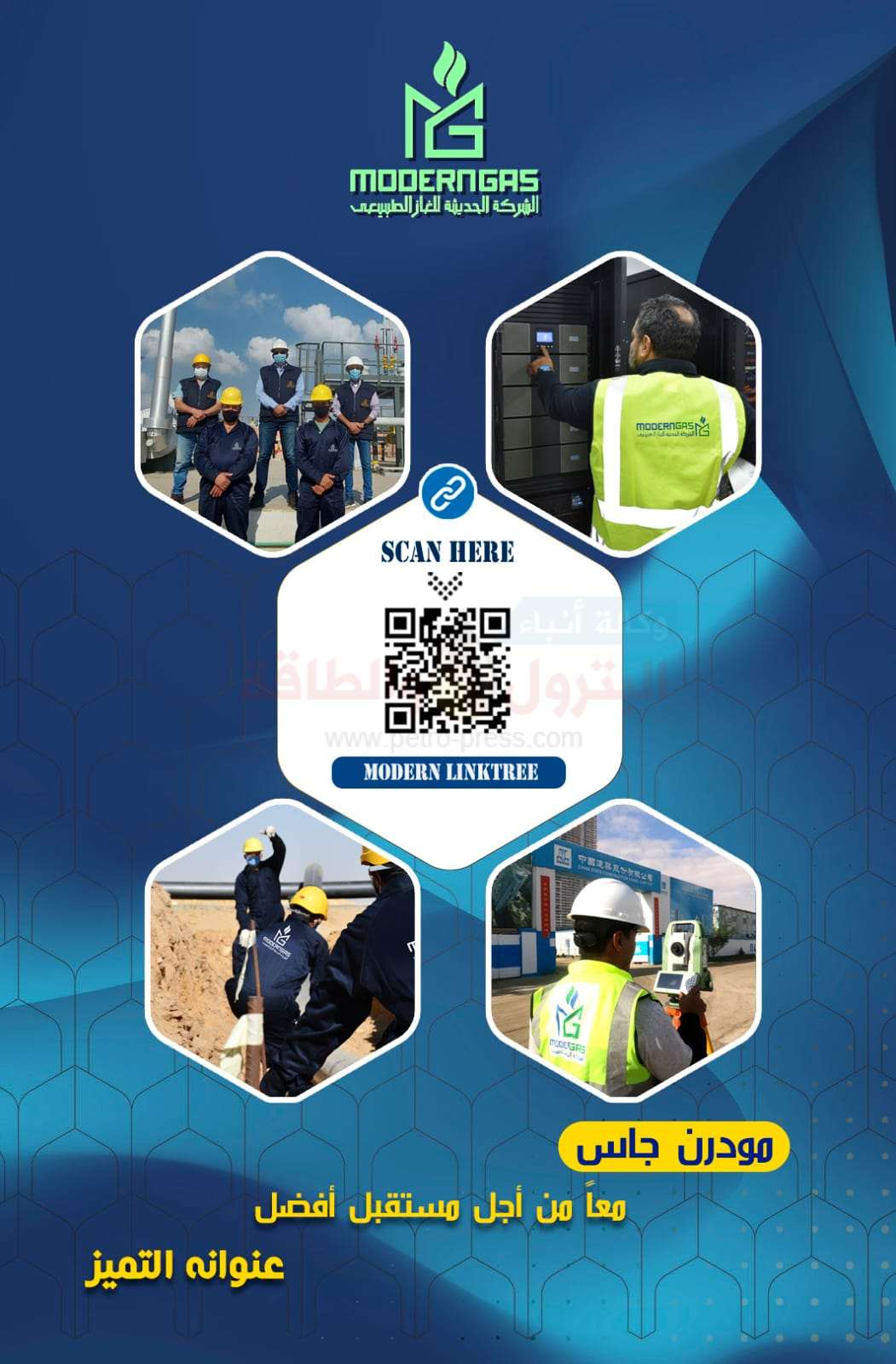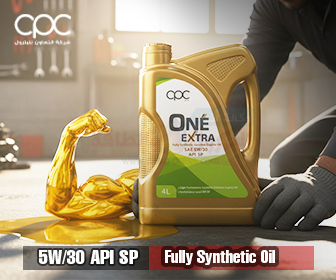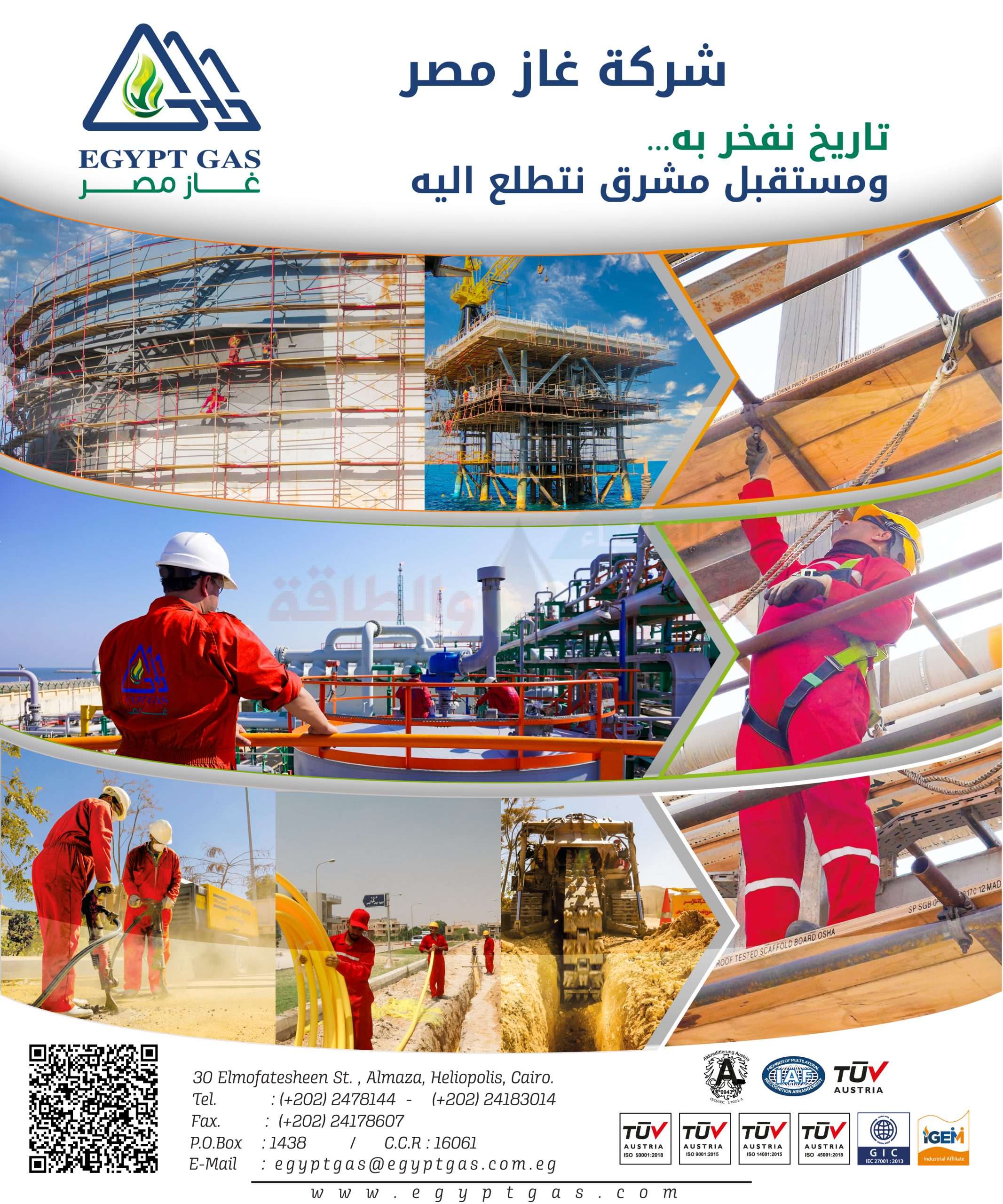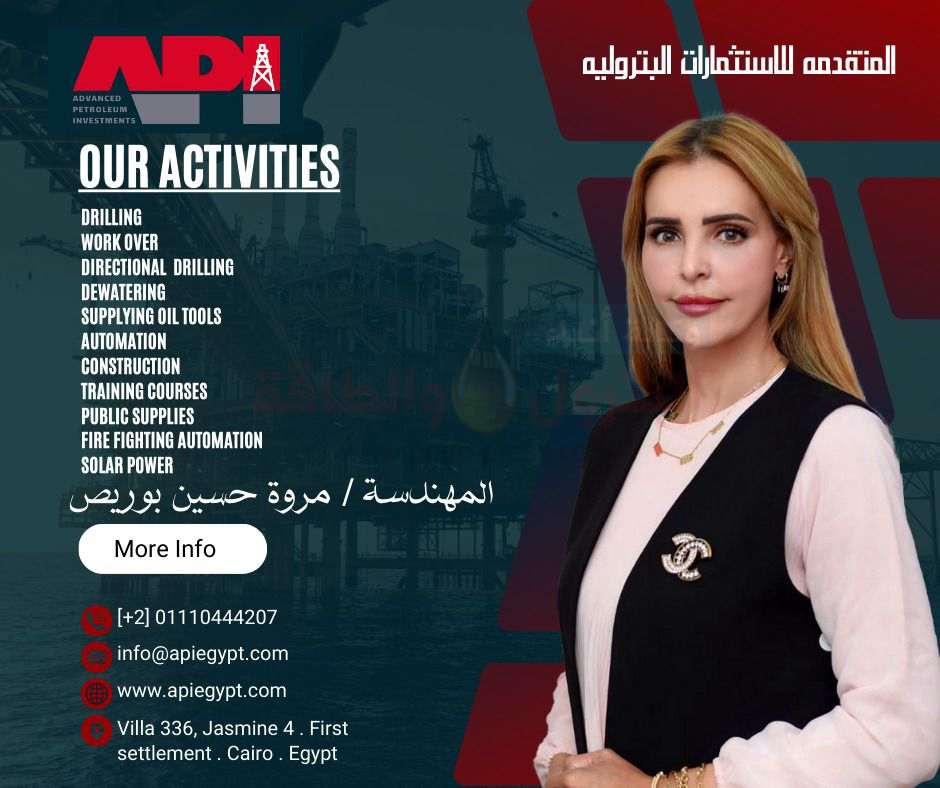UAE gets green light to operate the Arab world’s first nuclear power plant
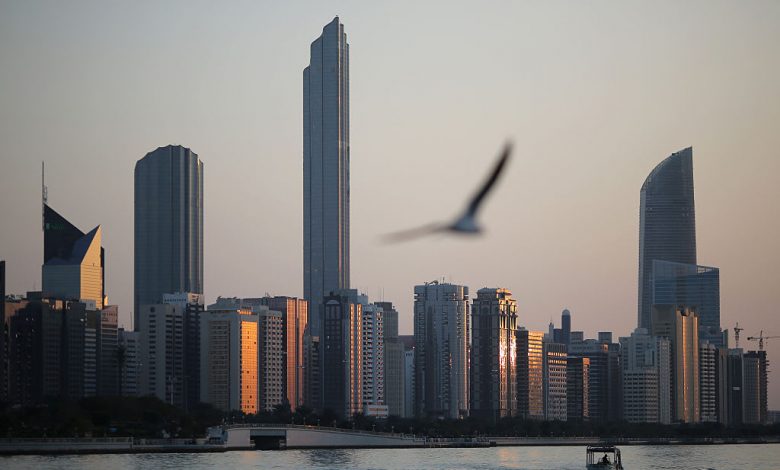
[ad_1]
View of Abu Dhabi’s skyline at sunset from Dhow Harbour in the UAE.
Getty Images
ABU DHABI, United Arab Emirates — The independent nuclear regulator for the United Arab Emirates on Monday issued the operating license for Unit 1 of the country’s Barakah Nuclear Power Plant, giving the go-ahead on operations for the first nuclear power plant in the Arab world.
The project, which national officials describe as a strategic and economic imperative for the UAE, is more than a decade in the making and involved collaboration with external bodies including the UN’s International Atomic Energy Agency (IAEA) and the government of South Korea.
“Today’s announcement is another milestone for the UAE, culminating efforts of 12 years towards the development of the UAE Nuclear Energy Programme to which the Federal Authority for Nuclear Regulation (FANR) played a significant role to turn this vision into a reality,” Hamad al Kaabi, the UAE’s permanent representative to the IAEA, told media at a briefing in Abu Dhabi.
“The nuclear energy plan includes the laws and regulations and conforms to standards of the IAEA and international best practices,” said al Kaabi, who also serves as FANR’s deputy chairman.
Once operation of the plant begins — the exact date of which has not been announced, but is expected in the coming weeks — the UAE will become the newest member of an exclusive club of currently just 30 countries running nuclear power operations. It’s also the first new country to launch a nuclear power plant in three decades, the last being China in 1990.
FANR, the country’s regulator, granted the license after years of extensive reviews and inspections, its officials said. This included more than 185 inspections, reviewing 14,000 pages of the plant’s operating license application, and requesting more than 2,000 additional pieces of information concerning reactor design, safety, geography and other areas to ensure the plant’s compliance with regulatory requirements.
The operating license is expected to last 60 years, and allows the UAE’s Nawah Energy Company, the Emirates Nuclear Energy Company’s (ENEC) subsidiary operating the plant, to start loading fuel and eventually move into partial and full operation of the first unit, al Kaabi told CNBC in an interview. Partial operation could take a few weeks while full operation may take a few months, he said.
25% of the UAE’s electricity to go nuclear
Barakah’s Unit 1 reactor, located in the eastern Gharbiya region of Abu Dhabi on the Persian Gulf coast, is expected to produce 1,400 megawatts (MW) of electricity. The program aims for a total of four reactors, together producing 5,600 MW of power, which officials say will amount to 25% of the country’s energy needs and will prevent the release of 21 million tons of carbon emissions every year.
The project’s financing — as part of a joint venture agreement with ENEC and the Korean Electric Power Corporation (KEPCO) — totals $24.4 billion.
There is no estimated date for the completion of all four reactors, but al Kaabi said the additional three reactors are in “advanced levels of construction.” Unit 2 is ready to be evaluated by FANR for readiness, he said, a process that will begin at the Nawah Energy Company’s discretion.
A regional outlier and a ‘gold standard’ agreement
The UAE already partakes in what nuclear energy experts call the “gold standard” of civilian nuclear partnerships: The U.S.-UAE 123 Agreement for Peaceful Civilian Nuclear Energy Cooperation.
Signed in 2009 and pursuant to Section 123 of the U.S. Atomic Energy Act of 1954, the agreement allows the UAE to receive nuclear materials, equipment and know-how from the U.S. while precluding it from developing dual-use technology by barring uranium enrichment and fuel reprocessing, the processes required for building a bomb.
The achievement for the UAE is particularly significant given tensions in the wider region over nuclear proliferation. Iran has suspended its compliance to the multilateral 2015 deal that regulated its nuclear power development and many fear its approach toward bomb-making capability, while Saudi Arabia has voiced its desire to develop a nuclear energy program without having to adhere to a 123 agreement.
An example for the region?
For the UAE, al Kaabi said, its program is evidence that a peaceful and transparent program is achievable when cooperating with international bodies.
“The UAE, when we started the program, we made it really clear that we are developing a program that is peaceful, that is driven by the need for additional electricity, and at the same time we define a new approach to developing such a program responsibly,” he said.
“It’s a model nuclear power program, a very systematic approach,” he added. “So in a way it gives a lot of countries in the region a way to develop such responsible programs to benefit from nuclear energy without raising concerns about other issues related to nuclear power such as non-proliferation and so on.”
“This is a program that has been done in cooperation and with full support of the international community, it has resulted in receiving the most advanced technology, receiving the best practices and training, and it has been today proven successful in achieving its goals through this approach. So we are demonstrating that there is a right way to develop a nuclear power program.”
Source link



